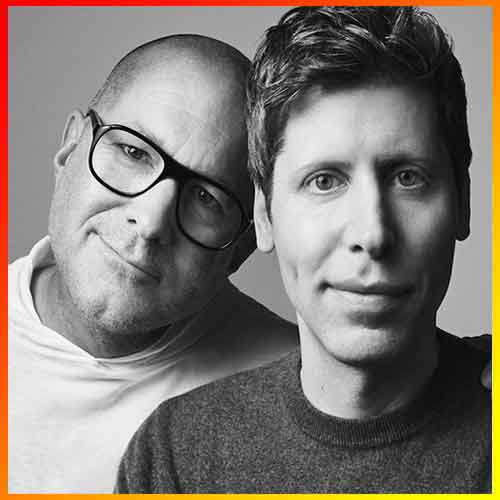
Once a major private lender, Bridging Finance collapsed after its executives David and Natasha Sharpe were found guilty of inflating fund values and obstructing oversight, prompting Ontario’s Capital Markets Tribunal to impose a lifetime ban and strict trading limits
Global accounting firm Ernst & Young LLP (EY) is facing a C$1.4 billion lawsuit over its alleged failure to identify serious financial irregularities at Bridging Finance Inc., a now-insolvent private lender once responsible for managing more than C$2 billion in assets.
The court-appointed receiver, PricewaterhouseCoopers (PwC), filed the claim in Ontario’s Superior Court, accusing EY of issuing clean audit reports on Bridging’s financial statements from 2014 to 2020, despite clear signs of misconduct and misreporting. According to PwC, the audits overlooked red flags including overstated asset valuations, concealed defaults, and risky lending practices that ultimately led to the firm’s downfall.
Bridging Finance specialized in high-risk loans to borrowers outside the scope of conventional banks. Investigations revealed that the lender’s top executives, David and Natasha Sharpe, engaged in deceptive practices that artificially inflated fund values while collecting excessive management fees. The Ontario Capital Markets Tribunal found both guilty of fraud and obstruction, calling it one of the province’s worst financial misconduct cases. David Sharpe has been permanently banned from Ontario’s capital markets, while Natasha Sharpe received limited trading privileges under strict conditions.
Investors await recovery, EY defends
The scandal impacted more than 26,000 investors, many of whom are still awaiting full recovery of their funds. PwC alleges that EY failed to scrutinize the use of payment-in-kind loans—where interest payments are rolled into the loan balance rather than paid in cash—thereby distorting the company’s financial position and concealing its mounting risks.
EY has denied any wrongdoing and said it intends to defend its audit work in court. “We take our responsibilities seriously and will respond accordingly,” the firm stated.
Since taking over in 2021, PwC has recovered nearly C$700 million and, earlier this year, began distributing funds to affected investors. However, the estimated recovery remains short of the original total, with projections capped at around C$880 million. The lawsuit seeks not only financial redress but also accountability from one of the world’s largest audit firms.See What’s Next in Tech With the Fast Forward Newsletter
Tweets From @varindiamag
Nothing to see here - yet
When they Tweet, their Tweets will show up here.




























